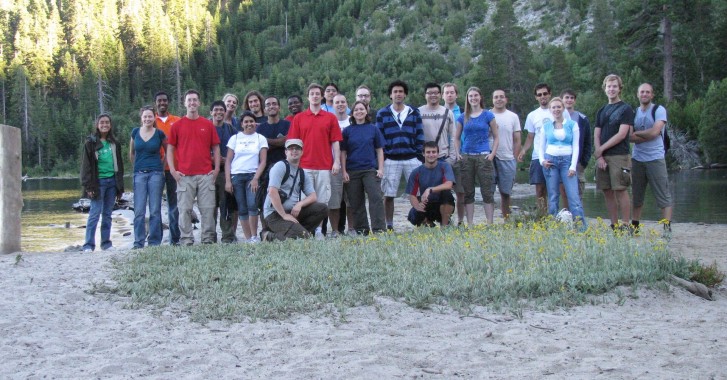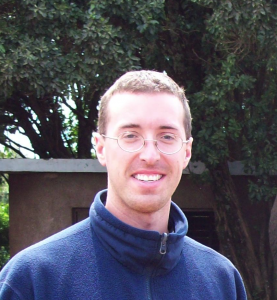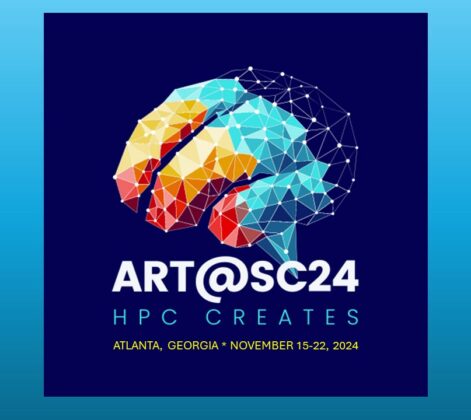When there are a disproportionate number of unemployed youths, the economic recovery process is delayed for future generations, and this seems to be the problem in many countries today. When they can’t find jobs, and can’t afford to go to college, many young adults will continue to live with their parents well into their thirties. In regions hardest hit, fewer will pursue PhD’s in STEM-related fields. In fact, many countries are concerned they are experiencing a national brain-drain as those with scholastic aptitude flee in search of education and employment opportunities elsewhere.
In advanced economies that are undergoing a period of joblessness, college students accrue debt with uncertain repayment capability. Lately, an unprecedented number have defaulted on student loans. Many justify nonpayment by blaming a bad economy, inadequate employment, or none at all. In 2010, two thirds of US college students graduated with an average of $25,250 in student loan debt, while facing a myriad of social problems that stem from the highest unemployment rate in recent history.
Our interview with HPC scholar Ben Payne describes his path to success. He emphasizes the importance of early mentoring, how travel contributes to cultural awareness, and the value of persistence. Payne augmented his scholastic experience by applying for high-tech, extra-curricular activities that were supported by the US National Science Foundation. In the US, and everywhere, federally-funded programs are at risk as governments struggle financially. STEM-Trek hopes to build upon and expand existing programs so that more scholars can benefit in the future.
Like Payne, some US youths opt to enlist in the military so they can take advantage of related education benefits. Even under the best conditions, most schools lack expertise in the performance technology arena. All first-generation college-bound and first-generation STEM scholars benefit from meeting STEM professionals at science and engineering fairs, college campus visits, and career days. Payne hopes that more STEM scholars, especially women and minorities who have high-tech expertise, will volunteer at home to engage more children with high-tech STEM as early as possible.
STEM-Trek: Describe how your career path was influenced:
Payne: I grew up in Madison, Wisconsin. Neither of my parents worked in STEM-related fields, but I had natural mechanical aptitude and was always interested in science and math. Although my high school teachers and initial undergraduate professors had no background in high performance computing (HPC), everyone was supportive.
Growing up, I always knew that I wanted to travel, to explore the world, and earn a degree in a STEM-related field. One way to accomplish all of these things was to serve my country as a member of the US Air National Guard. I knew the academic path I hoped to pursue would be costly and veterans’ benefits include free tuition. I enlisted in 2007 and trained in Wisconsin and Oklahoma for a total of seven years. I served two tours of duty, one in Iraq and one in Qatar, earning the rank of Staff Sergeant (E-5) during my service. The experience taught me a lot about resource management, leadership, and commitment.
During this time, I was able to progress with my academic career. I enrolled at the University of Wisconsin-Madison in their Applied Mathematics, Engineering, and Physics program. I also worked for the Office of the Registrar with the Information Technology support division where I was technical assistant for the network administration team. After graduating with a Bachelor’s degree I was accepted by Missouri University of Science and Technology. Although I entered their program with the intention of researching quantum computing, I ended up working on light transmission through condensed matter. I earned my Masters and PhD in Computational Physics.
STEM-Trek: When did you first realize the fundamental link between technology scholarship and travel?
Payne: Since I did not interact with working scientists during my high school and college experience, I didn’t understand how to pursue a high-tech STEM career (other than what I read about in school). During grad school, I realized it would be necessary to attend technology conferences and meetings in order to meet experts, which would require travel. Because there was limited financial support for this activity, my graduate adviser was willing to grant release time for any opportunity I was able to find. He also used discretionary funds to send me to three regional physics conferences. I won a grant for partial travel support from the Missouri graduate student organization. My current employer will fund some scholarly travel, but there were no funds for postdocs to attend the Supercomputing 2012 conference. As fast as technology evolves, it is important to attend as many opportunities as possible so that I can keep abreast of the changes. Therefore, I will continue to seek external support.
STEM-Trek: What other extra-curricular professional development activities have you had the opportunity to explore?
Payne: I attended the 2010 and 2011 EU-US HPC Summer Schools (DEISA/TERAGRID; PRACE/XSEDE) in Catania, Italy and South Lake Tahoe, California. I was invited to return in 2011 as a student mentor and technical assistant. In 2011, I also attended the Pan-American Advanced Studies Institute summer school in Chile, Supercomputing’11, and the IEEE Cluster conference. I presented at multiple APS physics conferences in my specialty area (Condensed Matter Physics). In addition to making great connections with staff, attendees, and presenters, I especially enjoyed talking to subject-matter experts about the technical aspects of their projects. It was extremely helpful to learn current community best practices and identify common concerns that I share with these experts (i.e. establishing standards). Because technology education is a moving target—it changes rapidly—a commitment to continuing education is imperative.
STEM-Trek: How was your participation in these activities funded? Was it necessary for you to borrow money for extra-curricular professional development activities?
Payne: With the exception of the limited opportunities available through my university, all were supported by the US National Science Foundation. Thankfully it hasn’t been necessary for me to use personal funds to participate. However, with so many federal cut-backs, I worry that others won’t be as fortunate in the future. This is why I believe STEM-Trek will be very helpful – it is beneficial to help federally-funded programs (whose travel budgets have been cut) reach more students from areas that don’t have access or support for technical training.
STEM-Trek: Professional development aside, how has travel, in general, contributed to your development as a person and community member?
I was lucky that my family took vacations and encouraged me to travel independently whenever possible. Because of this, I developed an interest in other cultures and how we interrelate in a shared global community. From my military and academic travels, I continue relationships with those I’ve met along the way via social networks, including the multinational community I met through the EU-US HPC Summer Schools. I was once granted an interview with someone I met in Chile through a Facebook connection. You never know when your social media relationships will come in handy.
STEM-Trek: How much have extra-curricular STEM activities shaped your career?
Payne: Greatly. I am now in a postdoctoral position as a direct result of my STEM-related travel and professional development in HPC. Since I expect to remain in the field, the training I received and my commitment to continuing education are highly relevant.
STEM-Trek: How would you advise your ten-year-old self in Madison, Wisconsin today?
Payne: I would encourage him (and his parents) to seek early mentoring opportunities. In retrospect, this would have been difficult for me and my parents since there were no science mentors at the schools I attended. Therefore, it would be great if more STEM professionals volunteered to attend K-12 career days, science fairs, and other community-based STEM initiatives. We need to bring the knowledge back home so that children will benefit from our experience. We can make the path to success easier for future generations.
Top photograph by Olaf Lenz: EU-US HPC Summer School hikers in South Lake Tahoe, California-US. Ben Payne is fourth from left. Inset: HPC Postdoctoral Scholar Ben Payne in Tanzania while visiting his sister who served in the Peace Corps in 2011.





